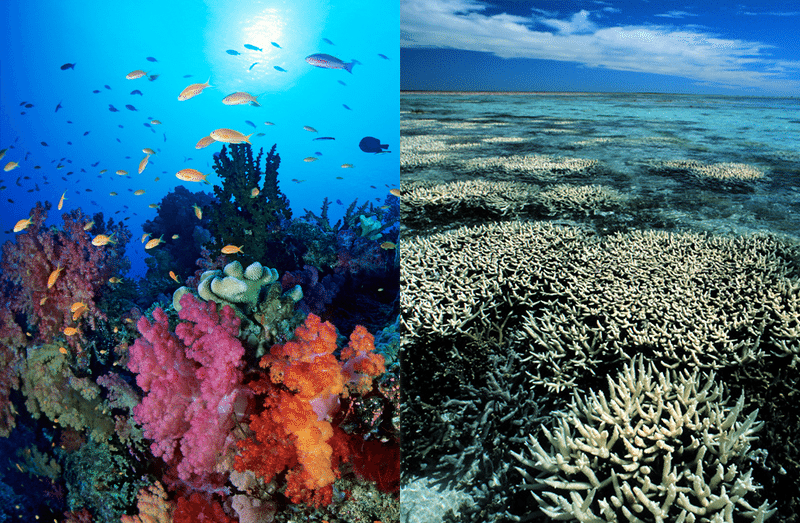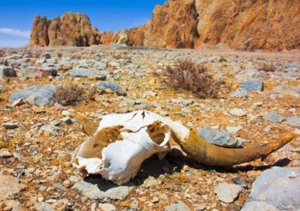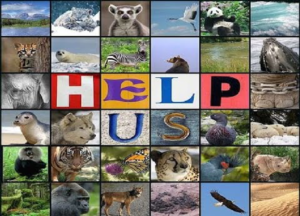The debate that I am writing about is the impact of the COVID 19-influenced societal changes. With questions lingering regarding the connection of human activities and the virus, controversy has arisen on whether the temporary lockdown and halting of various activities contribute to positive impacts on the environment. The Debate in this Topic is on whether the halting of many human-related activities such as manufacturing and use of vehicles reduces global warming and climate change (Bayeh& Alemayehu, 2019). It is factual that human activities cause changes in the environment given the connection that has been established between carbon emissions and global warming, as argued by (Crist, 2020). (Summarize some of the major positions in the debate in a couple of sentences. Klare (2020) also notes that scientists agree that human activities are the major contributors to the environmental issues that are associated with climate change, hence the view that a reduction of some of their activities will contribute to a positive impact on the environment. In this debate, I believe that it is important to take note of the role that emissions related to human activities play on the environmental change issue witnessed. Global warming is a reality that requires that people take drastic measures, which is the justification of the argument that the temporary lockdown due to COVID 19 will help provide the earth a chance to ‘heal’. My position is important because it helps us understand the connection that exists between human activities and environmental degradation that is becoming a major concern.
References
Bayeh, B., & Alemayehu, M. (2019). Scientific Community Debates on Causes and Consequences of Global Warming. Journal of Agriculture and Environmental Sciences, 4(1).
Crist, M. (2020). Opinion | What the Coronavirus Means for Climate Change … Retrieved from https://www.nytimes.com/2020/03/27/opinion/sunday/coronavirus-climate-change.html
Klare, M. (2020). Rethinking Our Relationship to the Natural World After Covid-19. Global Trends, 5, 00.


